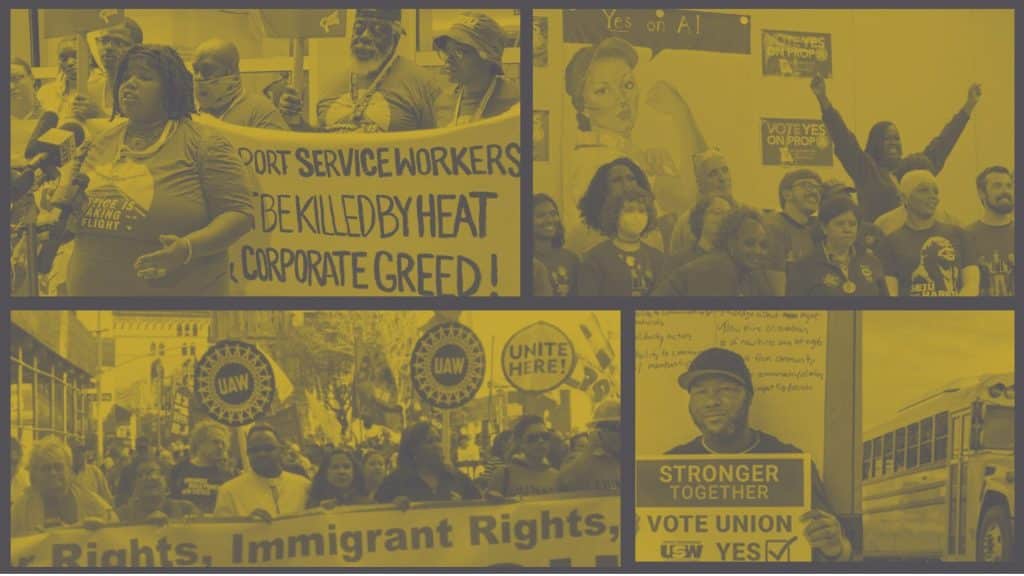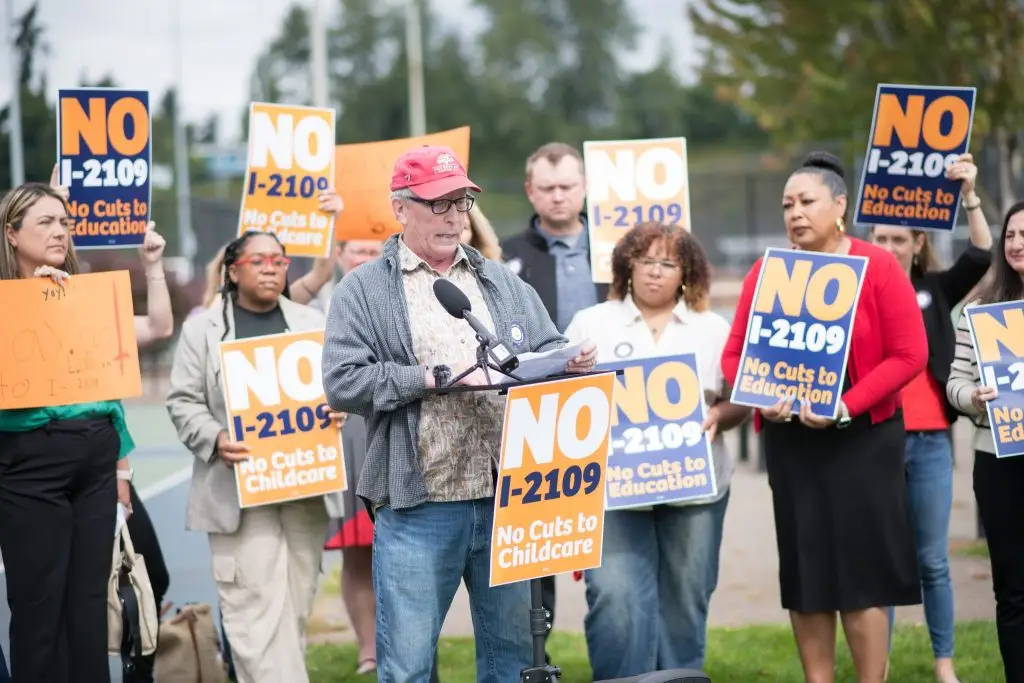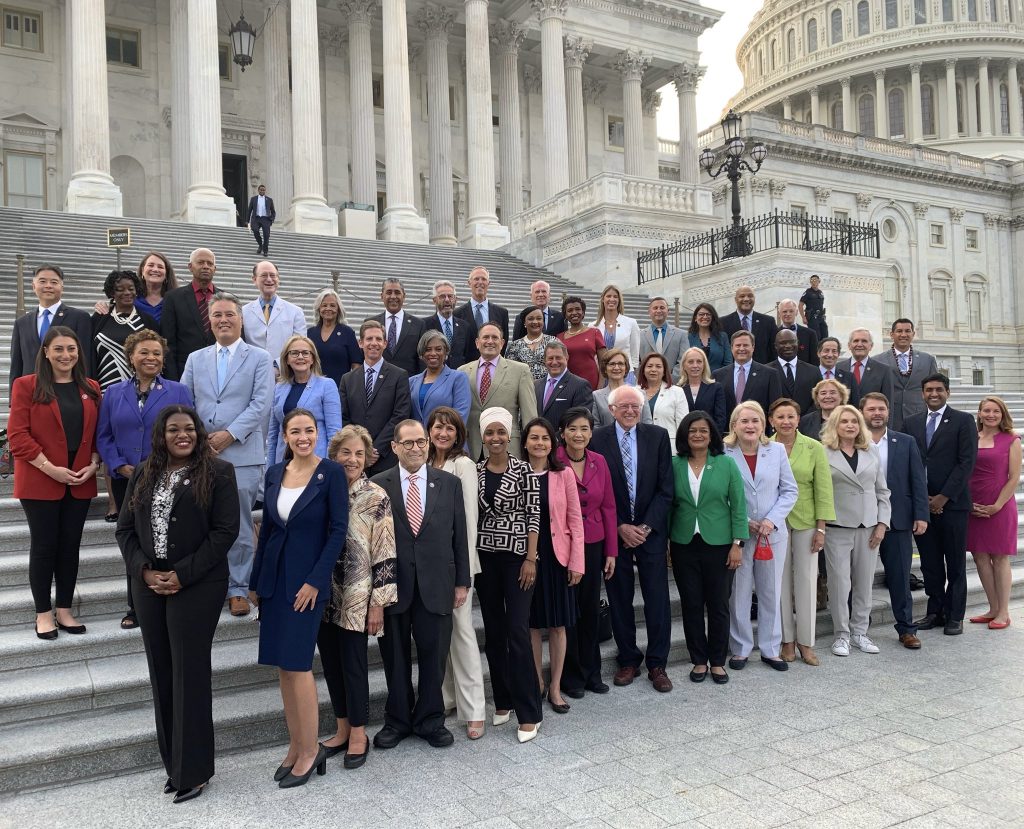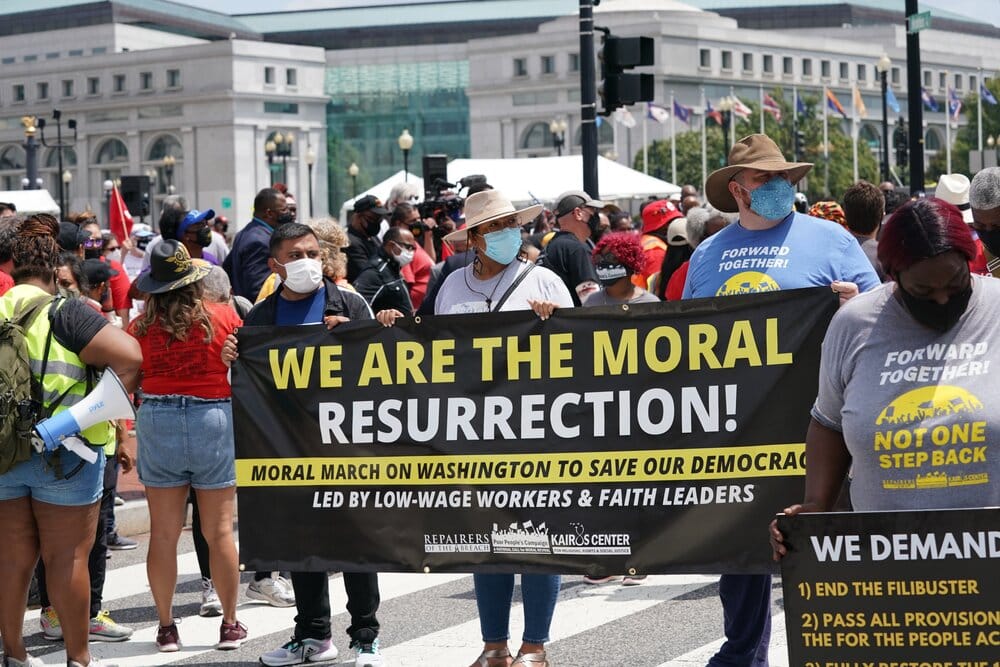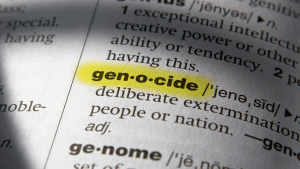
Questions Persist While Quakertown Students Remain in Police Custody
“Upper Bucks United and our broader community are in a state of shock. The videos and firsthand accounts emerging from the Quakertown student walkout depict deeply disturbing scenes that no child should ever have to witness,” said Laura Foster, co-founder of Upper Bucks United.


